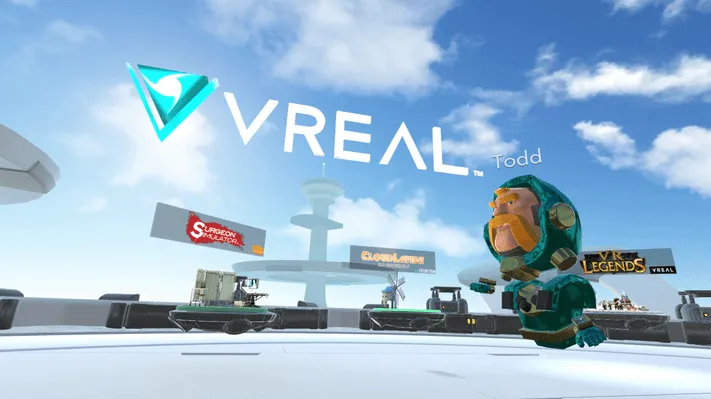Vreal, founded in 2016, was a pioneering platform for VR game streaming and discovery. It enabled developers to build communities, streamers to broadcast VR games, and viewers to enjoy immersive streams. Despite raising $11.85 million, Vreal shut down in 2019, marking a brief but notable presence in the VR industry.

Vreal's main product was a VR game streaming and discovery platform, enabling immersive and interactive experiences for both streamers and viewers. Its unique value proposition lay in fostering community-building around VR games. Notable achievements include raising $11.85 million and filing five patents, enhancing its impact in the VR industry.
The story of Vreal is a compelling journey of innovation, challenges, and eventual closure:
Vreal shut down in 2019, marking the end of its operations that began in 2015. The minimalistic message on their website, "Former home of Vreal 2015-2019. Thanks for the memories!" confirms this timeline.
Vreal faced significant technological challenges in developing and maintaining a cutting-edge VR platform. The rapid pace of VR technology evolution made it difficult for the company to keep up, leading to compatibility issues and performance bottlenecks that hindered user experience and growth.
Competing with established platforms like Twitch and YouTube proved to be a daunting task for Vreal. These giants had already captured a significant share of the streaming market, making it difficult for Vreal to attract and retain a substantial user base despite its unique VR focus.
Managing the operational aspects of a VR platform required substantial resources, which Vreal struggled to secure. The high costs associated with technology development, server maintenance, and user support strained the company's finances, ultimately contributing to its downfall.
While VR technology was innovative, its adoption rate among gamers and streamers was slower than anticipated. This limited user base made it challenging for Vreal to achieve the critical mass needed for sustainable growth and profitability.
Vreal's strategic decisions, including its focus on a niche market, may have limited its appeal. The company's inability to pivot or diversify its offerings in response to market feedback further constrained its growth potential.
Vreal's journey underscores the complexities and challenges startups face, from technological hurdles to market competition. When it's time to wind down, Sunset steps in to handle all the legal, tax, and operational burdens, allowing founders to move on seamlessly.
Don't let the stress of shutting down a startup weigh you down. Book a demo with Sunset today and see how we can help you avoid penalties, reduce liabilities, and transition smoothly to your next venture.